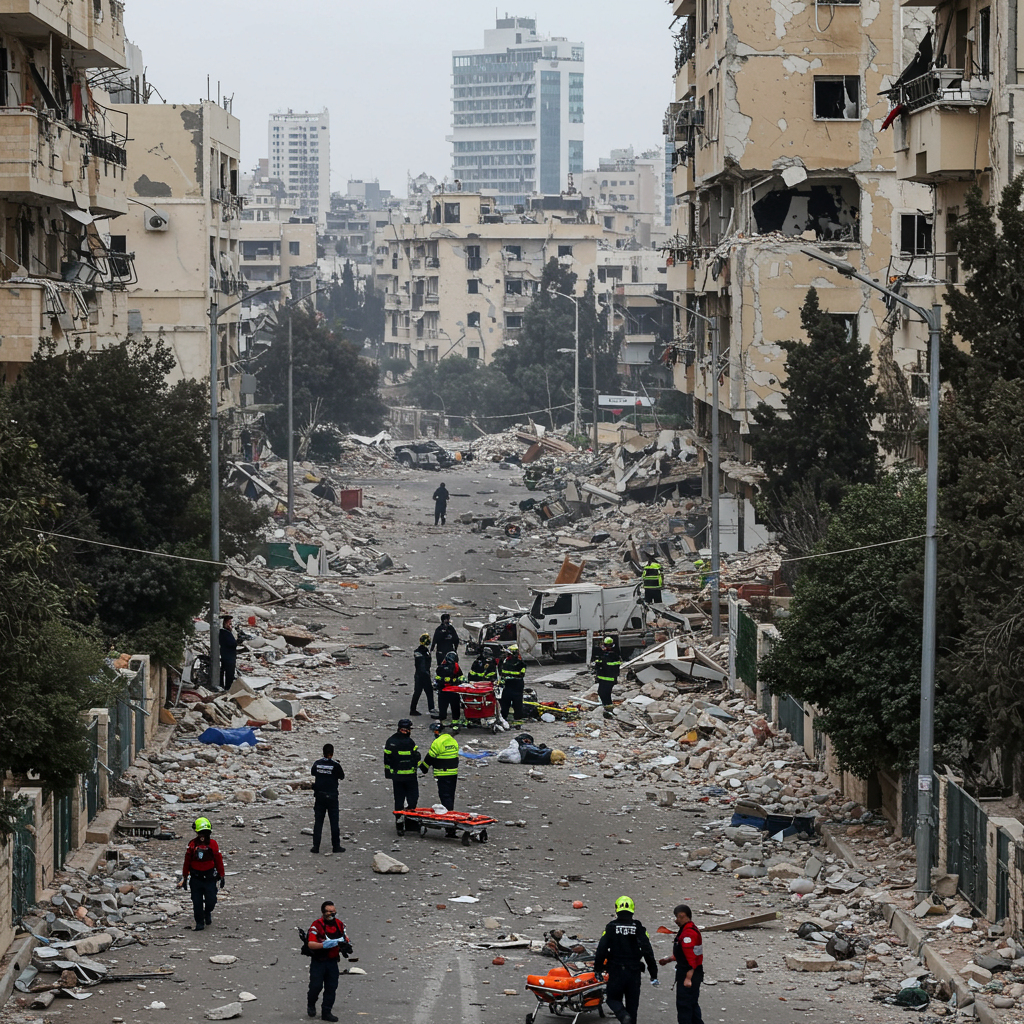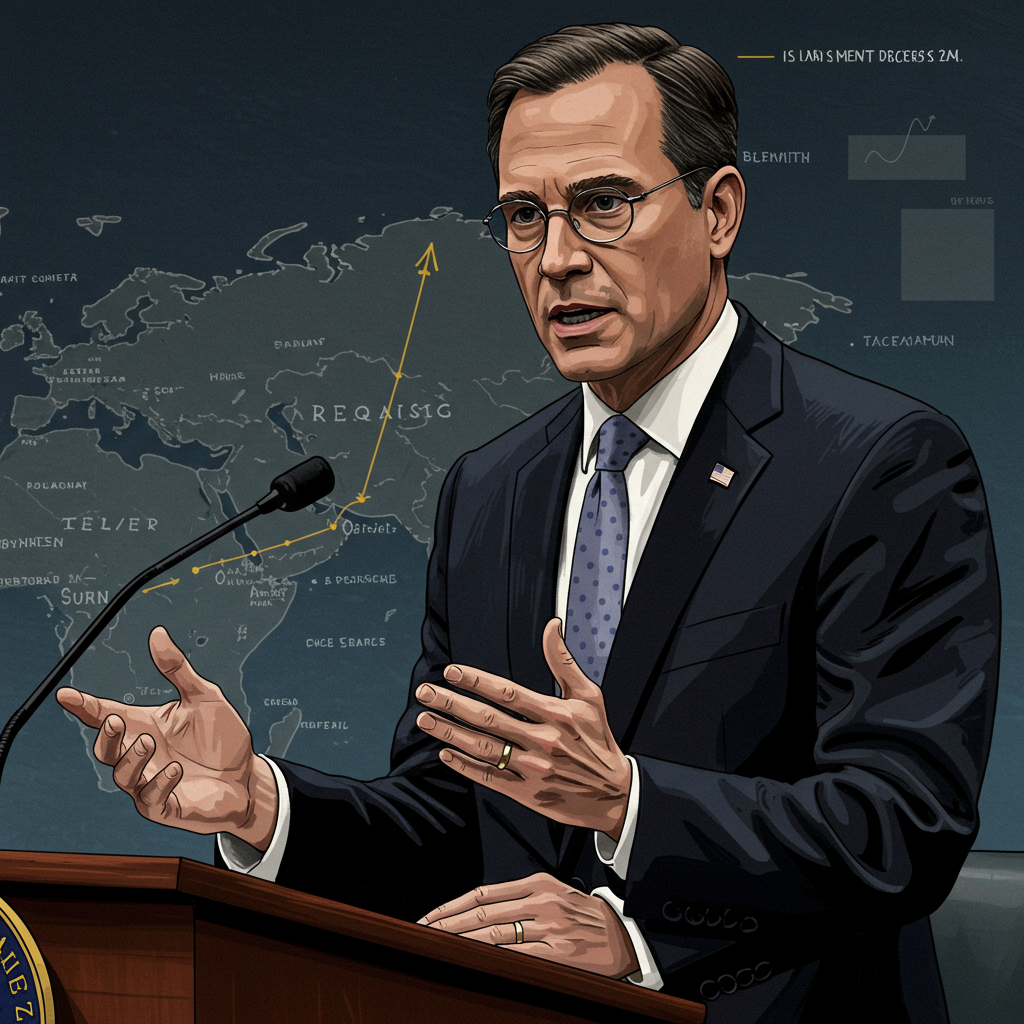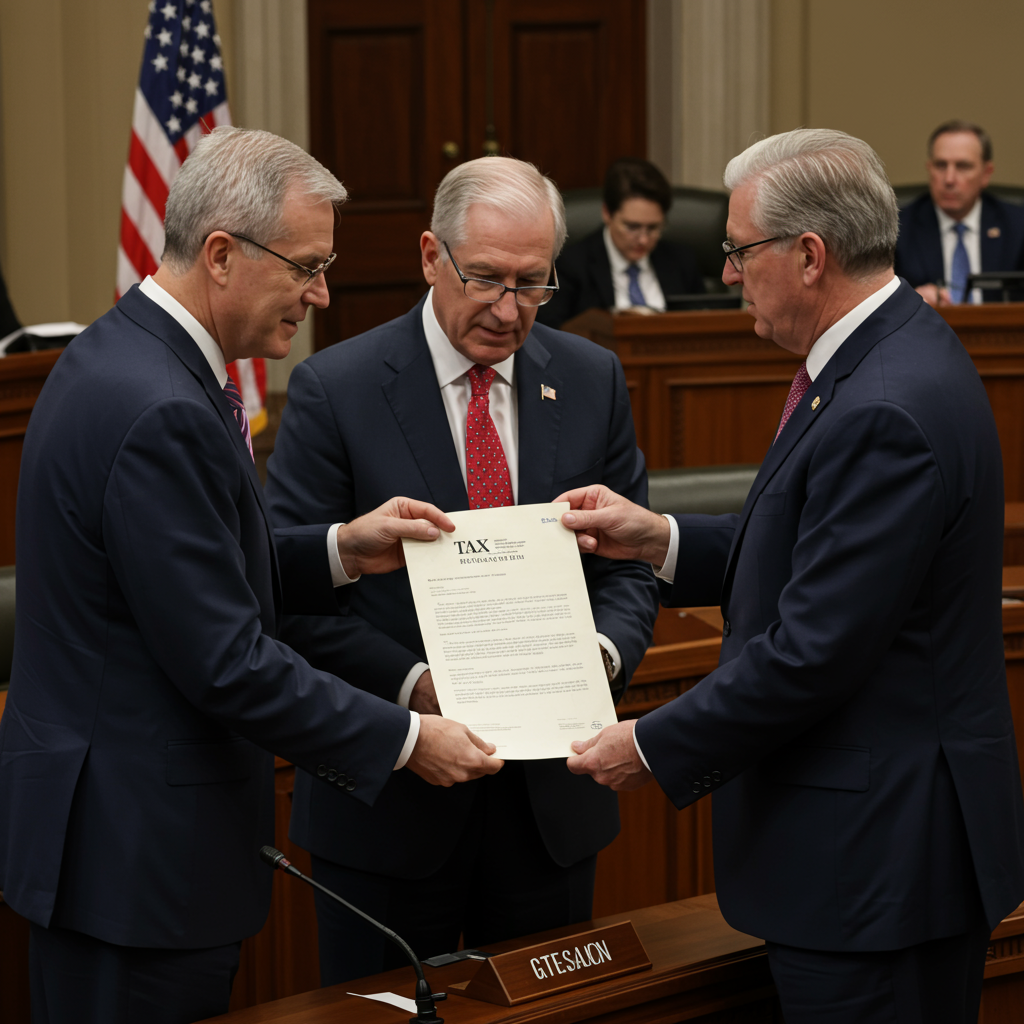The waters off Venezuela have become a flashpoint in a contentious new phase of U.S. anti-drug operations. On October 14, 2025, President Donald Trump announced a U.S. military strike that tragically killed six people aboard a small boat near Venezuela. This incident marks the fifth deadly strike in the Caribbean since September. The Trump administration asserts these actions target “narcoterrorists” and are crucial to disrupting drug flows. However, the operations have ignited a fierce debate over legality, ethics, and international law.
Deadly Force: The Latest Strike and Trump’s Stance
President Trump communicated the details of the latest strike via his Truth Social platform. He stated the U.S. military engaged a vessel in international waters, resulting in the deaths of six males. Trump identified them as “narcoterrorists,” alleging the boat was trafficking narcotics and linked to “illicit narcoterrorist networks.” Defense Secretary Pete Hegseth reportedly ordered the strike earlier that Tuesday. Consistent with prior incidents, video footage of the operation was also shared. Trump emphasized that no U.S. forces were harmed during the engagement.
This aggressive posture is part of an escalating campaign. The administration considers alleged drug traffickers as “unlawful combatants.” This signals a significant shift towards military force in combating drug trafficking, moving beyond traditional law enforcement approaches.
A New Battlefield: “Non-International Armed Conflict” Declaration
The current wave of US anti-drug strikes Venezuela stems from a pivotal policy change. Earlier this month, the Trump administration declared itself in a “non-international armed conflict” with drug cartels. An internal memo, reportedly obtained by the New York Times and relayed to Congress, confirmed this new stance. It states that drug-smuggling cartels are now designated “non-state armed groups.” Their actions, according to the administration, “constitute an armed attack against the United States.”
This reclassification redefines the scope of engagement. It authorizes the Pentagon to conduct operations against these groups under the “law of armed conflict.” The Venezuelan criminal gang Tren de Aragua, designated a foreign terrorist organization by the U.S. State Department, is among the targets. The White House defends these military actions. It argues they represent a necessary escalation to disrupt the flow of drugs into the U.S. Secretary Hegseth has publicly stated the goal is to “crush the cartels, stop the poison, and keep America safe.”
Widespread Condemnation: Legal and Ethical Challenges
Despite the administration’s justifications, the US anti-drug strikes Venezuela have drawn strong international and domestic condemnation. Critics, including lawmakers and human rights groups, have questioned the legality and ethics of using lethal force.
UN Experts Call Strikes “Extrajudicial Executions”
In September, experts at the United Nations issued a powerful rebuke. They condemned the U.S. strikes on alleged drug trafficking boats as “extrajudicial executions.” Their statement was unequivocal: “International law does not allow governments to simply murder alleged drug traffickers.” The UN experts advocate for criminal activities to be disrupted, investigated, and prosecuted. This must occur in accordance with the rule of law and through international cooperation. They argue against the summary use of military force.
Adding to the international friction, Colombian President Gustavo Petro raised concerns. Last week, he stated there were “indications” that one of the recently targeted boats was Colombian. He also suggested it had Colombians onboard. The White House quickly dismissed Petro’s claims, demanding a retraction. It labeled his statement “baseless and reprehensible.”
Venezuela’s Strong Denunciation and Regime Change Allegations
The Venezuelan government has vociferously condemned the US anti-drug strikes Venezuela. Venezuela’s Defense Minister Vladimir Padrino publicly accused the U.S. of using drug-trafficking accusations as a pretext. He asserted the true intent behind the U.S. operations is to “force a regime change” in Venezuela. Padrino warned the Venezuelan population to prepare for a possible escalation. He characterized the U.S. empire as “irrational,” “anti-political, anti-human, warmongering, rude, and vulgar.”
Venezuela’s Ambassador to the U.N., Samuel Moncada, formally requested an emergency session of the Security Council. He accused the U.S. of having an “ulterior motive” to seize control of Venezuela’s vast natural resources. President Nicolás Maduro echoed these sentiments. The Trump administration, which does not recognize Maduro’s legitimacy, has doubled the bounty for his capture to $50 million. Reports have also emerged of Venezuelan militiamen confronting U.S. forces.
Domestic Scrutiny and Congressional Division
On Capitol Hill, the aggressive Trump administration drug policy has also spurred significant concern. There is growing bipartisan frustration and a demand for more transparency. Republican lawmakers are reportedly seeking further information from the White House. They want details regarding the legal justification for these strikes. Democrats contend that the strikes violate both U.S. and international law.
An effort in the U.S. Senate to mandate congressional approval for future strikes failed. A war powers resolution, aimed at barring the Trump administration from conducting such operations without explicit congressional authorization, did not pass. Nearly all Republicans and Democratic Senator John Fetterman voted against the measure. This highlights a division within the legislative branch. It reflects ongoing tension between executive authority and the desire for greater oversight. Anonymous U.S. officials have also revealed that the administration has yet to provide lawmakers with underlying evidence. This evidence would prove the targeted boats were, in fact, carrying narcotics.
Looking Ahead: A “Second Phase” and Heightened Tensions
President Trump has shown no signs of de-escalation. He has indicated that these strikes will continue. In September, he reiterated his resolve to military leaders. He declared the military is “the knife’s edge in combating this sinister enemy.” Trump vowed to “blow out of existence” traffickers who try to poison Americans. He believes this is “the only language they really understand.” He even suggested the strategy was already successful, claiming, “That’s why you don’t see any more boats in the ocean.”
Moreover, Trump has hinted at a “second phase” of this campaign. He suggested this would involve not only the destruction of vessels but also potential land operations. While details remain scarce, such a move would represent an even further escalation. The ongoing maritime operations have already resulted in at least 27 fatalities since September. These incidents underline a significant shift in U.S. foreign policy and military engagement in the Caribbean. The legal, ethical, and geopolitical ramifications continue to unfold, with profound implications for regional stability.
Frequently Asked Questions
What prompted the recent US military strikes against boats near Venezuela?
The U.S. military strikes, including the October 14, 2025 incident, are part of an escalated Trump administration drug policy. The administration declared itself in a “non-international armed conflict” with drug cartels, designating them as “non-state armed groups.” These groups’ actions are deemed an “armed attack against the United States.” President Trump stated these operations target alleged “narcoterrorists” and aim to disrupt drug trafficking. This policy shift permits military action under the “law of armed conflict” in the Caribbean.
What are the international and domestic legal criticisms surrounding these US strikes?
The US anti-drug strikes Venezuela face significant legal and ethical challenges. United Nations experts have condemned them as “extrajudicial executions,” stating that international law does not permit governments to simply murder alleged drug traffickers. Domestically, lawmakers, particularly Democrats, argue the strikes violate U.S. and international law. A Senate resolution seeking congressional approval for such strikes failed. Furthermore, the Trump administration has not provided lawmakers with underlying evidence to prove the targeted boats were carrying narcotics, intensifying scrutiny.
How has the Trump administration’s “non-international armed conflict” declaration impacted its anti-drug strategy?
The “non-international armed conflict” declaration fundamentally redefines the U.S. anti-drug strategy. It shifts the approach from traditional law enforcement to military engagement. This designation allows the Pentagon to conduct operations against alleged “narco-terrorist” groups, like Tren de Aragua, under the “law of armed conflict.” This has led to an unprecedented buildup of U.S. maritime forces in the Caribbean and a series of deadly strikes. President Trump has also hinted at a potential “second phase” involving land operations, signaling a broader and more aggressive military campaign.



